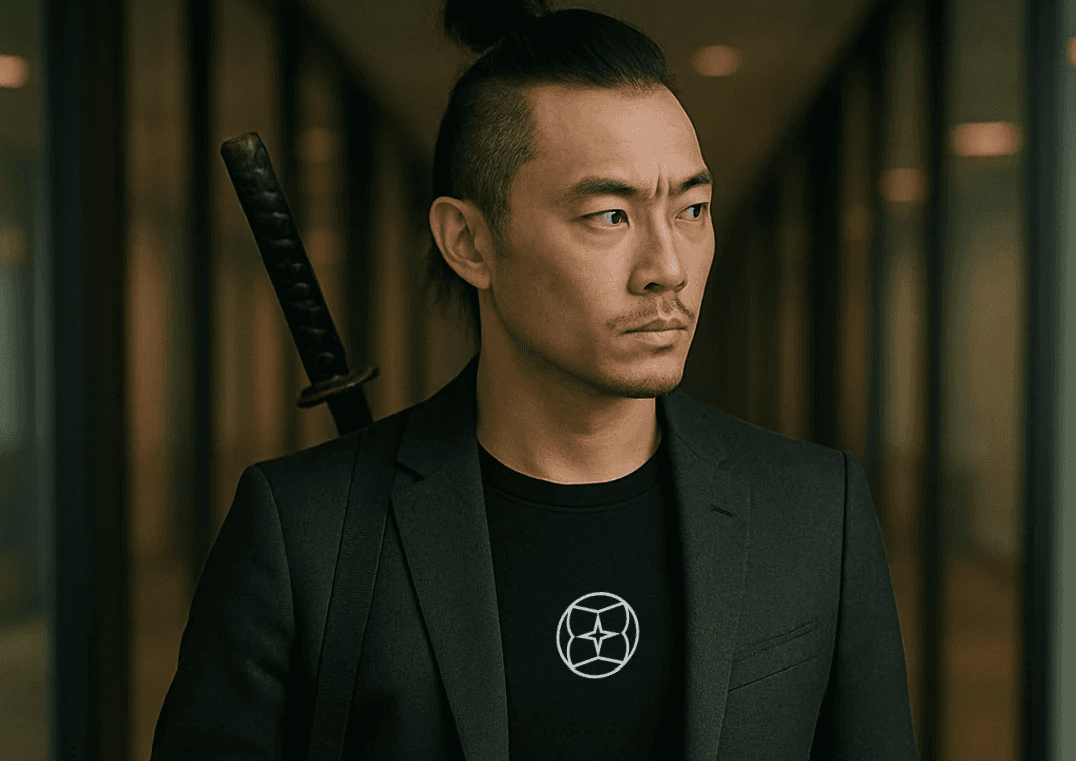January 10, 2025
Leadership
“Ranking Expert”: More Dangerous Than It Sounds
Photo taken by Ruthson Zimmerman from Unsplash
When I play chess with my nephews, I mostly lose. They’re skilled players—they learn moves, practice and compete. At first glance, I might seem like the expert because I’m older and more experienced in life. But when the game begins, it’s clear that my chess advice is useless to anyone who truly knows what they’re doing with the checkered board.
This got me thinking about a similar dynamic I’ve observed in leadership teams: the phenomenon of the
Ranking Expert.
In many leadership settings, the most senior person in the room is automatically seen—or sees themselves—as the expert. This isn’t always intentional, but it happens. When an actual subject matter expert (typically someone more junior in rank but not necessarily junior) presents a recommendation, the Ranking Expert often steps in to critique it.
Their critique might stem from their own experience or stem from their judgement, but it can often misapply context or derail the discussion. The expert is left flustered, makes adjustments to align with the Ranking Expert’s expectations, and moves on. Over time, these experts learn a new skill: stakeholder management. They stop applying rigorous research or their analysis and instead anticipate the Ranking Expert’s preferences to smooth the process.
This might sound efficient on the surface, but it’s a slippery slope.

Why a Ranking Expert Culture is Dangerous
Imagine leading a team of Level 5 experts while you’re at a Level 3 understanding of the topic. If they defer to you every time, your team’s overall expertise effectively drops to Level 3.
Now think about the long-term impact:
The organization’s capacity for innovation and high-quality decisions diminishes.
Experts become disengaged, knowing their input will be overridden.
Leaders unknowingly create an environment that prioritizes power dynamics over expert opinion.
Leadership That Adds Value
I’m not saying leaders shouldn’t apply their experience and wisdom—far from it. But instead of passing judgment at the decision point, why not add value earlier in the process? Share your broader context and organizational insights with your experts before they make their recommendations. This allows them to craft stronger, more aligned solutions. Share the commercial or political constraints. This input will help them propose something that is more prepared and considered and truly work with you to create the best outcomes.
Leadership rooted in collaboration and value-adding contributions is far more impactful than leadership that asserts dominance through rank. It builds up the team and eliminates unnecessary tension.
How to Avoid the Ranking Expert Trap
Here are a few questions to consider:
♟️ Are you recognized as the Ranking Expert in your organization? (It’s fine if you truly are the expert, but be mindful of the dynamic and when you should assume this role.)
♟️ How are you adding value to your expert team to help them make better recommendations?
♟️ What steps can you take to foster a culture that values robust debate over hierarchy?
Conclusion
The best coaches, in chess or any other sport, know when to listen, learn, and let others shine. It's not about proving you're the smartest in the room or demonstrating you're the key decision maker. By stepping back from the Ranking Expert role and creating an environment of trust and collaboration, asking helpful questions to push the thinking further, you empower your team to perform at their best.
The result? Better decisions, engaged teams, and an organization where true expertise—not rank—drives success.
#
Leadership
#
Culture



